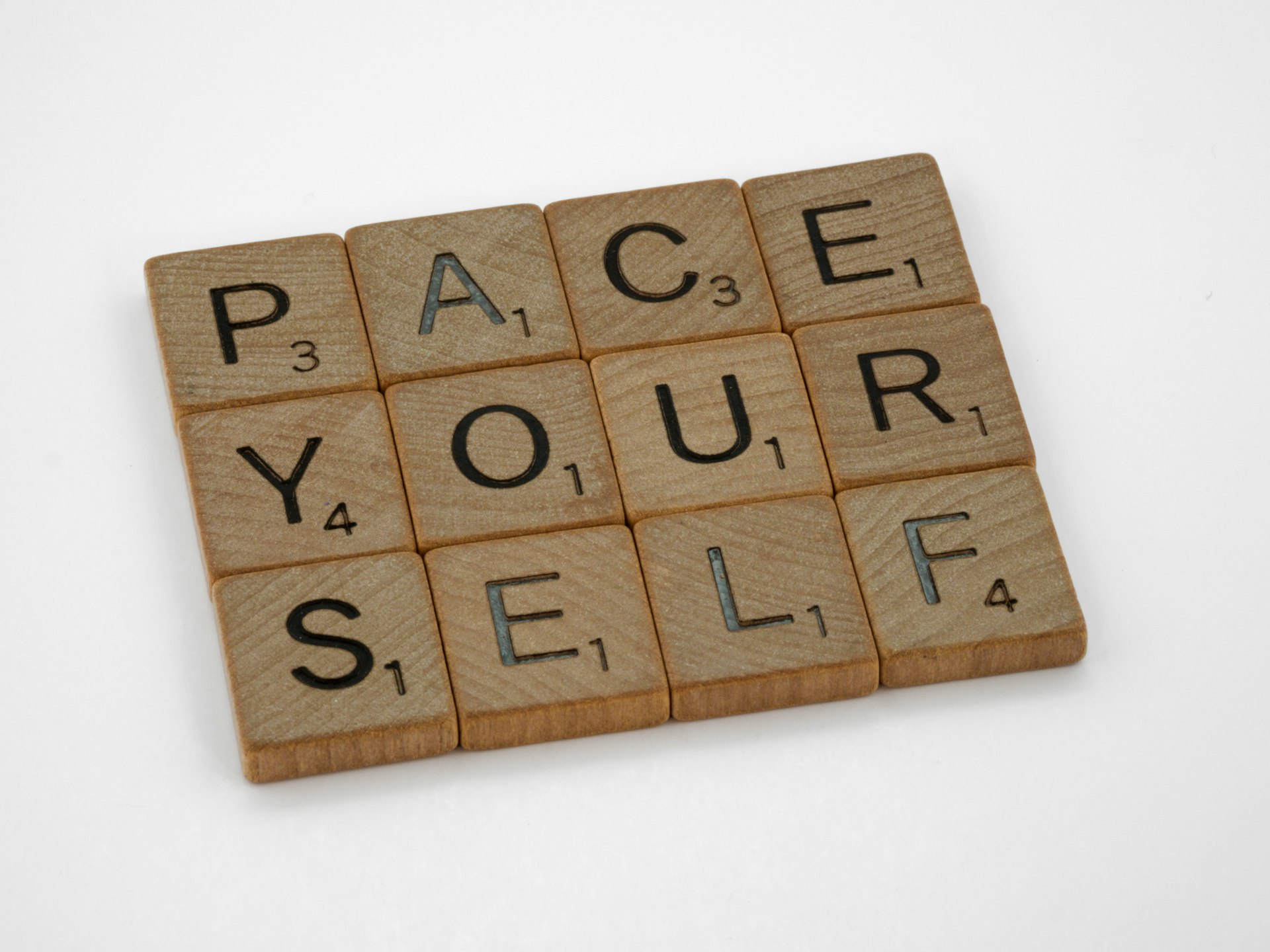Transform Your Wellbeing: Actionable Self Care Lifestyle Practices for Everyday Balance

Photo by Brett Jordan on Unsplash
Introduction: The Power of Self Care in Modern Life
In a world full of demands and distractions, taking time for yourself is no longer a luxury-it’s a necessity. Self care lifestyle practices are intentional actions that support your physical, mental, emotional, and spiritual health. By making self care a consistent part of your daily routine, you can enhance your quality of life, increase resilience against stress, and foster a greater sense of wellbeing. This guide will help you understand the core areas of self care and offer actionable ways to integrate these practices into your life.
Understanding the Dimensions of Self Care
Experts often divide self care into several key dimensions: physical, mental, emotional, social, spiritual, professional, environmental, and financial. Each of these plays a crucial role in maintaining balance and overall health [1] . Recognizing which areas need attention allows you to tailor your self care plan for maximum effect.
Physical Self Care: Foundation of Wellness
Physical self care focuses on activities that keep your body healthy and energized. This includes regular exercise, nutritious eating, adequate sleep, and preventive health measures. For example, setting a goal to walk 30 minutes daily, preparing balanced meals, and prioritizing 7-9 hours of restful sleep are effective ways to care for your body [1] . Even simple steps like drinking a glass of water first thing in the morning or enjoying a short walk outdoors can have significant impacts over time [2] .
Challenges may include time constraints or lack of motivation. To overcome these, consider scheduling physical activity like an appointment or finding a workout partner for accountability. If chronic pain or health issues are a concern, consult with a healthcare provider to develop a safe routine that meets your needs.
Mental and Emotional Self Care: Nourishing Your Mind
Mental self care involves practices that keep your mind sharp and resilient. This can include journaling, reading, learning new skills, or engaging in creative hobbies [2] . Emotional self care overlaps with mental self care and focuses on recognizing, expressing, and processing your feelings. Examples include practicing gratitude, mindfulness, or seeking therapy when needed [1] .
To implement these practices, start a daily gratitude journal, set aside time to read or pursue a favorite hobby, or try a short meditation each morning. If you’re struggling with emotional overwhelm, reach out to a mental health professional or seek support from trusted friends and family members. Many organizations, such as the National Alliance on Mental Illness, offer resources and guidance; you can search for “mental health support” plus your location to find local options.

Photo by Amy Vosters on Unsplash
Social Self Care: Building Meaningful Connections
Humans are inherently social. Maintaining healthy relationships is a vital component of self care. This means not only spending time with loved ones but also setting boundaries to protect your time and energy [3] . Social self care strategies include making regular phone calls to friends, joining community groups, or volunteering.
For those feeling isolated, consider virtual meetups or joining online interest groups. If social anxiety is a barrier, start with low-pressure environments and gradually expand your comfort zone. Remember, quality of connections often matters more than quantity.
Spiritual Self Care: Seeking Purpose and Peace
Spiritual self care does not necessarily mean religious practice, although it can for some. It’s about connecting with your inner values and finding purpose. Activities like meditation, yoga, spending time in nature, or engaging in reflective practices can all nurture your spiritual side [1] .
To access these benefits, you might start with a five-minute daily meditation, attend a local place of worship, or spend a quiet afternoon outdoors. If you’re new to spiritual self care, experiment with different practices until you discover what brings you peace and meaning.
Professional and Environmental Self Care: Thriving at Work and Home
Professional self care involves setting healthy boundaries at work, managing your workload, and pursuing opportunities for growth. This could include learning new skills, scheduling regular breaks, or communicating your needs to supervisors [3] . Environmental self care means creating spaces-at home or work-that support your wellbeing. This can be as simple as decluttering your workspace or adding plants to your home environment.
If you’re feeling overwhelmed, try prioritizing tasks, delegating when possible, and keeping your workspace organized. Online platforms like LinkedIn Learning offer professional development courses. For environmental improvements, start by cleaning one area each week or rearranging your space to reduce stress and boost productivity.
Financial Self Care: Reducing Stress and Building Security
Financial worries are a top source of stress. Financial self care includes setting a budget, tracking expenses, and planning for future goals such as retirement or debt repayment [3] . Begin with small steps: review your monthly spending, identify areas to cut back, and set realistic savings targets. Free financial planning tools are available from many reputable sources, such as your bank or community organizations. For personalized advice, consider consulting a certified financial planner-search for “certified financial planner” along with your city to find local professionals.
Integrating Self Care into Your Daily Routine
Sustainable self care is about consistency. Rather than grand gestures, focus on small, manageable changes that fit your lifestyle. Try stacking new self care habits onto existing routines. For example, practice deep breathing while waiting for your morning coffee, or use lunch breaks for a short walk.
To stay motivated, track your progress with a journal or app. If you miss a day, avoid self-criticism and simply resume your efforts. Over time, these small steps can lead to significant improvements in overall wellbeing.
Overcoming Barriers and Finding Support
Everyone faces obstacles-time, cost, motivation, or lack of knowledge can all stand in the way. Address these by starting small, seeking out free or low-cost resources, and reaching out for support. Community centers, libraries, and nonprofit organizations often offer wellness classes or support groups. If you’re unsure where to begin, search for “community wellness resources” plus your area or call local health departments for guidance.
Alternative Approaches and Personalized Strategies
Self care is not one-size-fits-all. What works for one person might not for another. If traditional approaches don’t resonate, consider exploring alternatives such as creative arts, animal-assisted therapy, or nature-based activities. The key is to regularly assess your needs and adjust your self care plan accordingly.
Conclusion: Taking the First Step
Committing to self care lifestyle practices is an investment in your long-term health and happiness. By addressing each dimension-physical, mental, emotional, social, spiritual, professional, environmental, and financial-you build a solid foundation for resilience and fulfillment. Start with one or two small changes this week, and remember: self care is not selfish. It’s essential.
References
MORE FROM mumsearch.com













